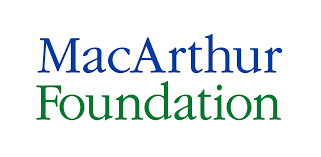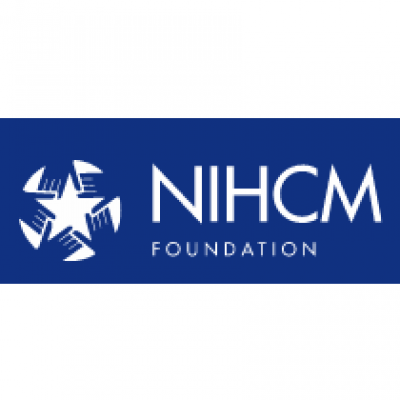Journalists, this is your chance to get up to speed on the latest trends driving change in your market. Through a series of expert-led webinars, you and colleagues from your newsroom will get a framework to understand the complexities of the topic, a guide to diverse and trustworthy sources, and a leg up on using hard data relevant to your community.
Journalists new to the newsroom or deep into their careers can benefit from this program.
For $75, you can take advantage of all of the virtual classes offered under Beat Academy, or pick and choose the ones that most apply to your newsroom’s work. In the span of eight months, attendees will receive tips, sources, inspiration and ideas to cover the powerful and complicated role of private equity; the impact of massive new federal programs on renewable energy, jobs, infrastructure and environmental justice; the climate change related risks in your area; the link in non-metro areas between health care and the fate of the middle class; and more.
We will be updating specifics about each topic under the “Schedule” tab, so please check there for more details.
During 90-minute webinars, you’ll hear top-level journalists explain how they covered a particular story, including their reporting strategies. Leading experts will focus on the emerging dynamics in each of the topic areas, and provide roadmaps to connect reporters to the hard data that matters in their market area.
Follow-up is just as important as training. All training participants will receive regular updates with coverage ideas, topical developments and links to stories by other participants. Fellow participants will be able to connect with each other to solve reporting challenges and flesh out story ideas.
In addition, some of the workshops include reporting grant opportunities for participating newsrooms. Following the private equity workshops, attendees can apply for reporting grants of up to $20,000. For climate change, newsrooms in the Great Lakes region (Illinois, Indiana, Michigan Minnesota, Ohio and Wisconsin) can apply for reporting grants up to $15,000.
Individual or group registrations are available. All sessions are recorded for participants.
Funders include the Joyce Foundation, the John D. and Catherine T. MacArthur Foundation, the National Institute for Health Care Management Foundation and the Omidyar Network.
Dates (see schedule tab for more details on each as they become available):
- The growing reach of private equity (March 2, 16, 30)
- Preparing for climate change (April 6, 13, 27)
- Tracking ARPA funds and infrastructure projects near you (May 4, 18)
- New immigration patterns and challenges (June 8, 15)
- Bringing a community focus to crime reporting (July 13, 20)
- Roy Peter Clark’s writing tips for beat reporters (July 27, Aug. 3)
- Health care trends in non-metro areas (Sept. 7, 21)
- Misinformation (Oct. 5, 19)
All webinars take place on Thursdays from 1-2:30 p.m. Eastern.
Questions?
Contact Jon Greenberg, PolitiFact senior correspondent and Poynter Beat Academy project lead, at beatacademy@poynter.org.









